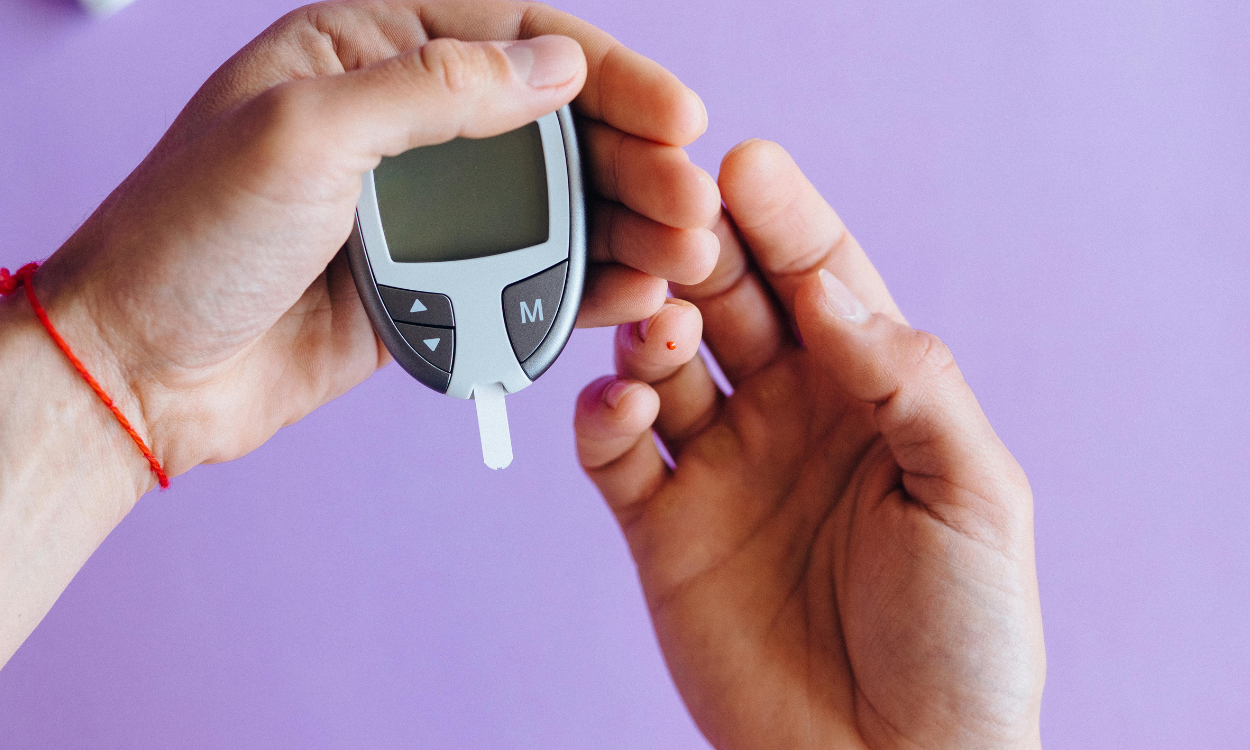Kidney Troubles: Early Signs and Prevention
Kidney troubles are a serious health concern that can lead to significant complications if not addressed early. The kidneys play a crucial role in filtering waste and excess fluids from the blood, maintaining a balance of electrolytes, and producing hormones that regulate blood pressure and red blood cell production. Recognizing the early signs of kidney troubles and understanding how to prevent them is essential for maintaining overall health and well-being.
Table of Contents

Early Signs of Kidney Troubles
Identifying kidney troubles in their early stages can be challenging, as symptoms often appear gradually and may be mistaken for other health issues. However, paying attention to subtle changes in your body can help you catch kidney troubles before they progress.
- Changes in Urination: One of the most common early signs of kidney troubles is a change in urination patterns. This may include urinating more or less frequently than usual, waking up multiple times at night to urinate, or noticing that your urine is foamy or bubbly. Blood in the urine, also known as hematuria, is another warning sign that should not be ignored.
- Swelling: The kidneys help regulate the body’s fluid balance. When they are not functioning properly, fluid can build up in the body, leading to swelling, particularly in the legs, ankles, feet, and face. This swelling, also known as edema, is a common indicator of kidney troubles.
- Fatigue and Weakness: The kidneys produce a hormone called erythropoietin, which stimulates the production of red blood cells. When kidney function declines, the body produces fewer red blood cells, leading to anemia. This can result in fatigue, weakness, and a general feeling of being unwell—common early signs of kidney troubles.
- Shortness of Breath: Kidney troubles can lead to fluid buildup in the lungs, causing shortness of breath. Additionally, anemia caused by kidney troubles can reduce the amount of oxygen in the blood, further contributing to breathing difficulties.
- High Blood Pressure: The kidneys help regulate blood pressure by balancing sodium and fluid levels in the body. When the kidneys are not functioning properly, this balance is disrupted, leading to high blood pressure. Persistent high blood pressure can, in turn, cause further damage to the kidneys, creating a vicious cycle of kidney troubles.
- Nausea and Vomiting: As kidney function declines, waste products can build up in the blood, leading to a condition known as uremia. Uremia can cause nausea, vomiting, and a loss of appetite, which are early signs of kidney troubles.
- Itchy Skin: Kidney troubles can lead to a buildup of waste products in the blood, which can cause itchy skin. Additionally, imbalances in minerals and nutrients, such as calcium and phosphorus, can contribute to skin irritation and itchiness.

Prevention of Kidney Troubles
Preventing kidney troubles requires a proactive approach to health and lifestyle. By adopting healthy habits and making informed choices, you can reduce your risk of developing kidney troubles and protect your overall well-being.
- Maintain a Healthy Diet: A balanced diet is essential for preventing kidney troubles. Focus on consuming plenty of fruits, vegetables, whole grains, and lean proteins. Limit your intake of salt, sugar, and processed foods, as these can contribute to high blood pressure and diabetes—two major risk factors for kidney troubles.
- Stay Hydrated: Drinking enough water is crucial for kidney health. Adequate hydration helps the kidneys filter waste from the blood and prevent the formation of kidney stones, a common cause of kidney troubles. Aim for at least 8 glasses of water a day, but adjust your intake based on your activity level, climate, and overall health.
- Monitor Blood Pressure and Blood Sugar Levels: High blood pressure and diabetes are leading causes of kidney troubles. Regularly monitoring your blood pressure and blood sugar levels can help you identify potential issues early and take steps to manage them. If you have been diagnosed with high blood pressure or diabetes, work with your healthcare provider to keep these conditions under control.
- Exercise Regularly: Physical activity is beneficial for overall health and can help prevent kidney troubles by reducing the risk of high blood pressure, diabetes, and obesity. Aim for at least 150 minutes of moderate-intensity exercise, such as walking, swimming, or cycling, each week.
- Avoid Smoking and Excessive Alcohol Consumption: Smoking and excessive alcohol consumption can damage the kidneys and increase the risk of kidney troubles. If you smoke, consider quitting, and if you drink alcohol, do so in moderation.
- Be Cautious with Medications: Certain medications, such as nonsteroidal anti-inflammatory drugs (NSAIDs), can cause kidney damage if taken in large quantities or for extended periods. Always follow the recommended dosage instructions and consult your healthcare provider before taking any new medications, especially if you have a history of kidney troubles.
- Regular Checkups: Regular medical checkups are essential for early detection and prevention of kidney troubles. Routine blood and urine tests can help identify any signs of kidney dysfunction before they become severe. If you have risk factors for kidney troubles, such as high blood pressure, diabetes, or a family history of kidney disease, your healthcare provider may recommend more frequent monitoring.
- Maintain a Healthy Weight: Obesity is a significant risk factor for kidney troubles, as it can lead to conditions like high blood pressure and diabetes. Maintaining a healthy weight through a balanced diet and regular exercise can help reduce your risk of developing kidney troubles.
- Limit Over-the-Counter Supplements: While dietary supplements can provide health benefits, some may harm your kidneys, especially in large doses. For example, excessive intake of vitamin C or certain herbal supplements can contribute to kidney troubles. Always consult your healthcare provider before starting any new supplement regimen.
- Manage Stress: Chronic stress can contribute to high blood pressure, which is a significant risk factor for kidney troubles. Incorporate stress-reducing activities into your routine, such as meditation, deep breathing exercises, or spending time in nature, to help protect your kidney health.
Conclusion
Kidney troubles can have a profound impact on your health, but by recognizing the early signs and taking preventive measures, you can reduce your risk and maintain healthy kidney function. Regular monitoring, a healthy lifestyle, and proactive management of risk factors are key to preventing kidney troubles. If you experience any symptoms of kidney troubles or have risk factors for kidney disease, consult your healthcare provider for appropriate evaluation and guidance. By prioritizing your kidney health, you can protect your overall well-being and enjoy a better quality of life.





